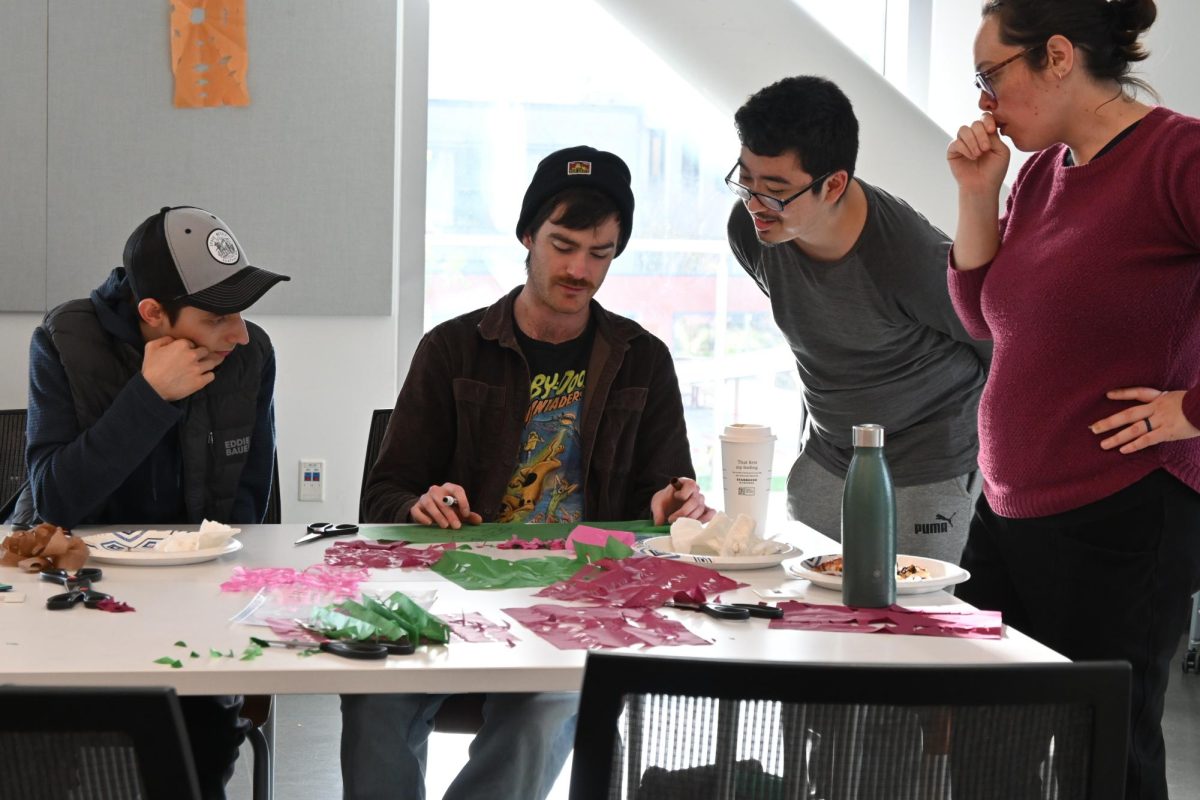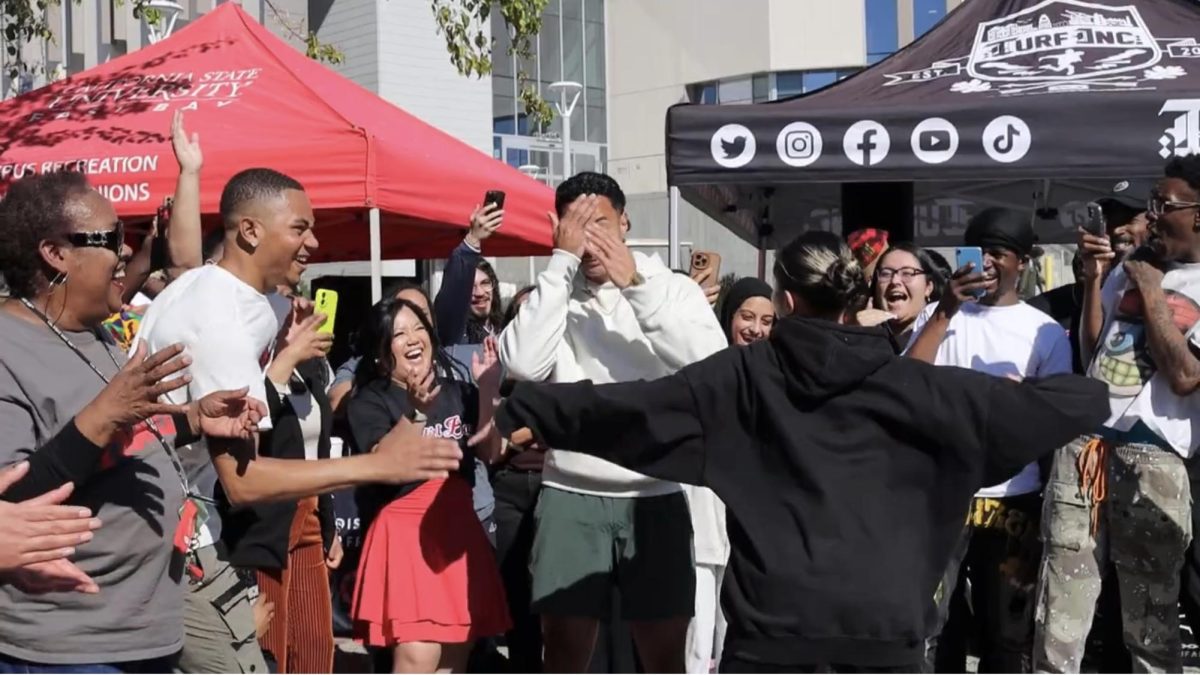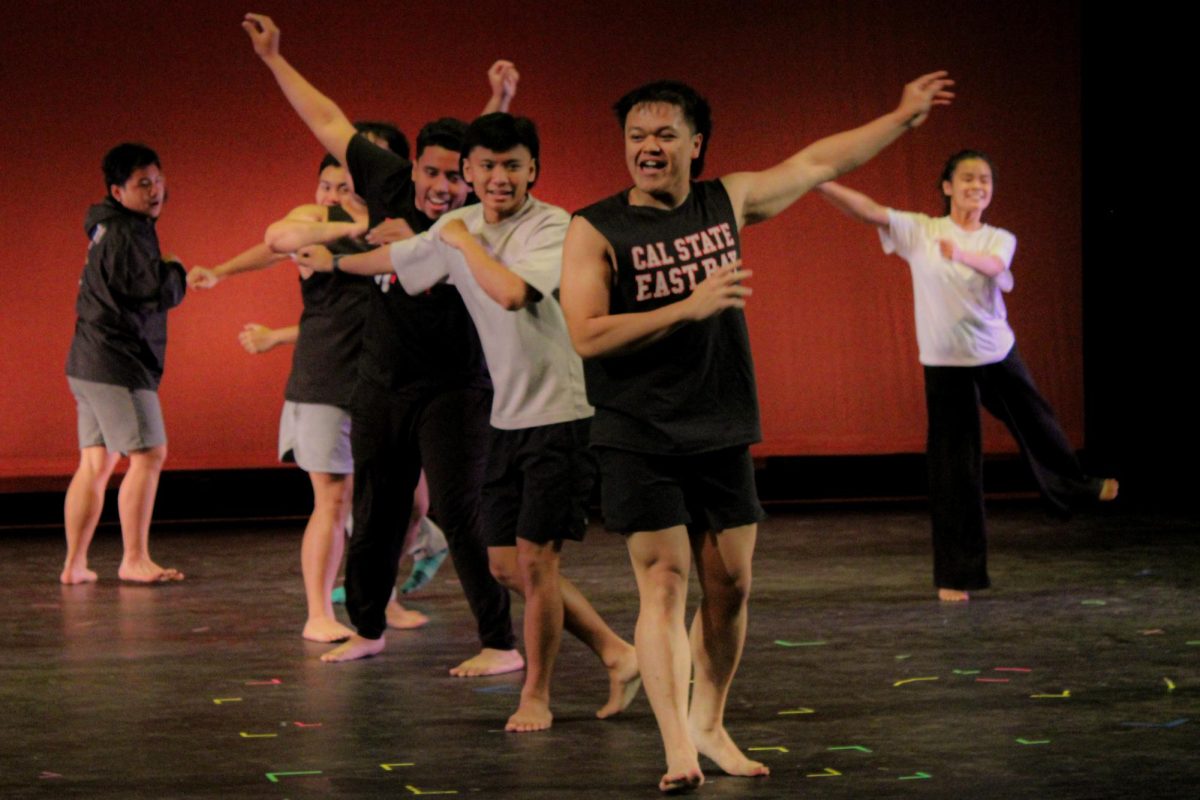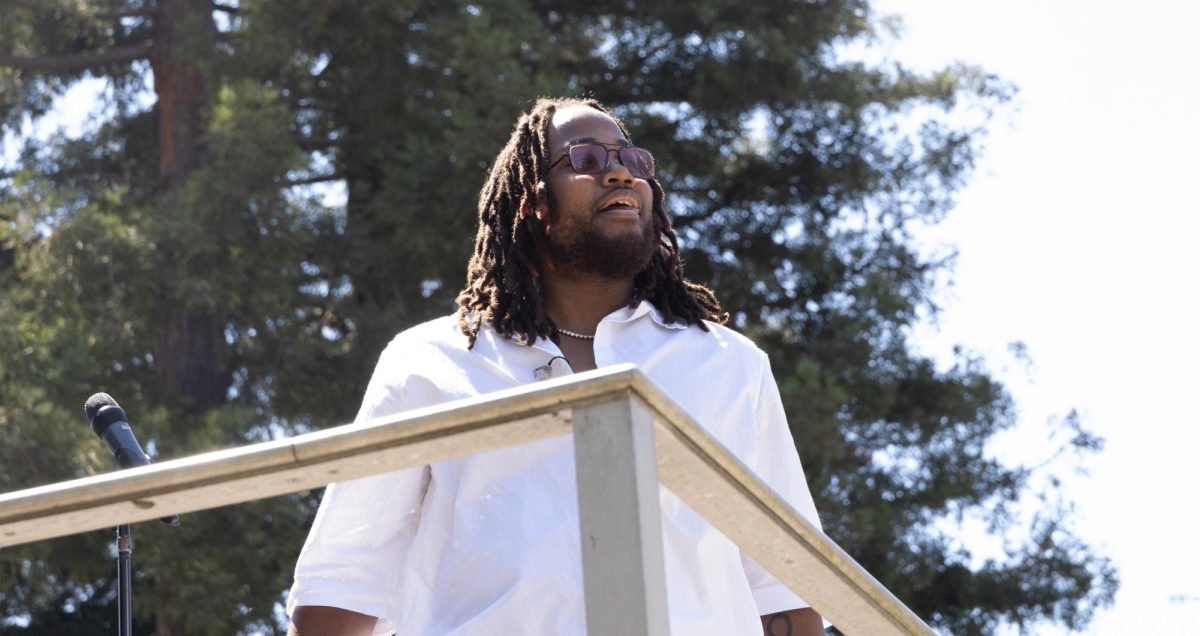The once attainable four-year bachelor’s degree is slipping further and further out of students’ grasps, as it now takes the average student six years or more to earn a college degree.
In December 2010, the federal government began measuring graduation rates and found that the majority of college students do not obtain a college degree in four years.
“I had every intention of graduating college in four years,” said 2011 CSUEB graduate Alisha Guzman. “After three years of working and going to school at the same time, I knew that graduating on schedule was not possible.”
Research conducted by Education Week showed that only two-thirds of students receive a degree within six years of beginning their post-secondary education.
The U.S. Department of Education reported that only 36 percent of graduating students received a bachelor’s degree in four years. 53 percent took five years to graduate, and 58 percent of students took six or more years to complete their college education.
“It took me six years to graduate,” said 2011 CSUEB graduate Shawn Knox. “I couldn’t get into the classes I needed and I know I’m not the only student who has had this setback.”
Although the administration agrees that budget cuts may play a role in the matter, they believe there are other variables to consider.
“A lot of students have to spend more time [in school] because of financial reasons,” said CSUEB provost, Dr. James Houpis. “They can’t take a full load because they have to work full time. That makes it very hard to graduate in four years.”
“There is a very slim chance that the reasoning is because of a lack of classes,” said Houpis in regard to budget cuts. “A lot of time students will get the chance to study abroad or conduct research with a professor. This may prolong their education.”
There is also a growing concern that there may be a correlation between the increase in years it takes students to complete college and the decreasing completion rates.
The United States — which once was ranked first — has fallen to number 12 in the world in the percentage of adults who have completed college, according to the College Board.
Student Mary Neely represents a large part of the student population who worked towards her bachelor’s degree for over ten years while trying to raise a family.
“I never did graduate college,” she said. “With every passing year the chances of me ever receiving my degree grew less and less likely.”
“A growing part of our population is non-traditional students,” said Houpis. “It’s not necessarily that they can’t afford [school], but they already have a family and job and have to take classes whenever they can catch them.”
When a first year student knows what they want to do professionally, graduating on time is easier. However, changing majors or career interests can be a setback.
Guzman was initially an English major and realized her sophomore year of college that the path wasn’t right for her.
“I switched to marketing and it caused me to spend a little more time in school, but it was a fair price to pay for finding my true calling,” she said.
“A lot of times students will decide to change their majors,” said Houpis. “You would like to think that when you are 18 you’ll know what to do with the rest of your life, but some kids can’t and that’s just the way life is.”
Experts say the more time a student takes to complete their college education, the less likely they are to ever receive a degree.
“My concern has to do with retention rates,” said Houpis. “We have kids that don’t even graduate and that is where my focus is. If it took you five or six years, at least you graduated.”








